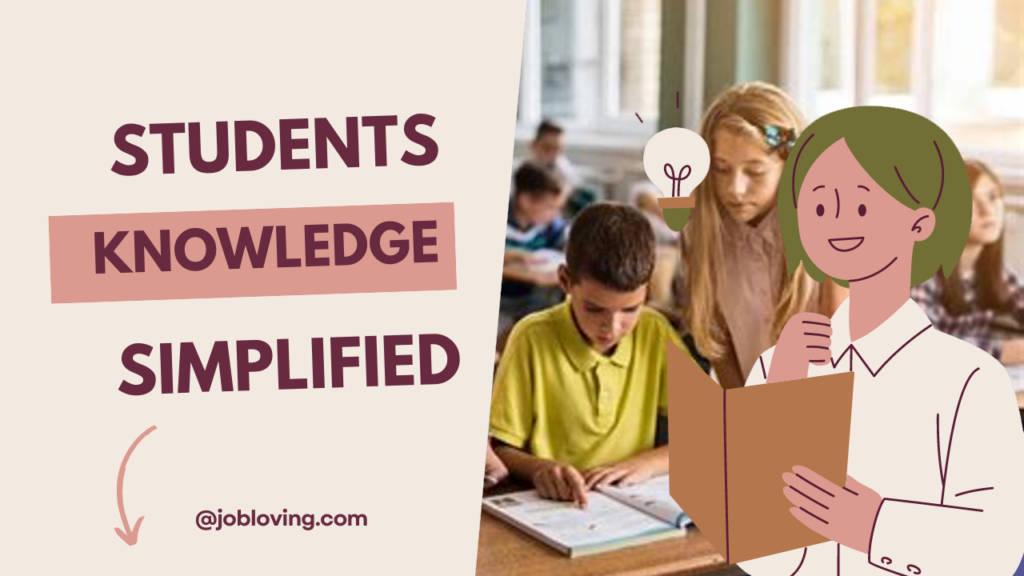When it comes to the tricky world of English articles, the phrase in question—“an student” vs. “a student”—might just trip up even the most seasoned linguists. But fear not, because today we’re going to dive into the delightful nuances of article usage in English, illuminating why the correct phrase is “a student”.
The crux of the matter lies in sound. While it may seem like it should depend solely on the letters of a word, English grammar is cheekily based on the phonetic sound that follows the article. In this instance, “student” starts with an “s” sound, which is a consonant. So, naturally, we use “a” instead of “an.” It’s a fundamental rule that trips up many people, especially those fun folks learning English.
Let’s break it down further. The article “a” is your go-to for words that kick off with a consonant sound, such as “student,” “cat,” or “banana.” Meanwhile, “an” only graces words that begin with vowel sounds. Think about words like “apple,” “elephant,” or “umbrella” – those all start with sounds that require the soothing touch of “an.” Yet, if we tried to say “an student,” we’d not only sound absurd—we’d be breaking the essential rules of grammar that reign over the English language.
Now, consider what happens when we misuse these articles. You might say, “That sounds a bit off,” right? That’s because native speakers have an innate ear for these things. Misplacing “a” and “an” leads to awkward phrasing and can even undermine your credibility in writing or speaking. Mastering these tiny words takes you a long way toward effective and clear communication.
For many English learners, the intricate dance of vowel and consonant sounds can be daunting. Often, learners, say from Spanish backgrounds, might struggle with these sounds because their native languages operate on different phonetic principles. They might find that pronouncing “student” starts to sound more like “estudiante,” which can complicate the correct usage of “a” and “an.”
But understanding and practicing these subtle differences isn’t just for kicks; it’s essential for mastering English fluency. When students grasp these concepts, their confidence grows, enabling more profound conversations and clearer writing. Why does this matter? Because clear communication hinges on accuracy, and missteps can lead to confusion—definitely not what we aim for!
To master the gazillion quirks of the English language, including articles, sticky rules reveal themselves. From phonetics to syntax, the journey of learning articles like “a” and “an” not only builds structural grammar but also influences how we express ownership in phrases like “student’s” versus “students’.”
In summation, while the distinction seems simple, the implications of using “a” over “an” run deep. It serves as a reminder that the devil is in the details—especially in a language as rich and nuanced as English. So next time you find yourself preparing to chat about a lovely “student,” just remember to wield the mighty article “a” with confidence!
What is the significance of mastering article usage in English?
Mastering article usage is crucial for clear communication and professional writing in English. It enhances grammatical accuracy, which can significantly improve overall language proficiency and comprehension for learners.
How does phonetic awareness impact the use of articles in English?
Phonetic awareness is essential for mastering English articles, as the choice between “a” and “an” is based on the sounds that follow them, not strictly on spelling. Understanding these sound patterns empowers learners to communicate more effectively.
Why do language learners struggle with possessive forms like “student’s” and “students’?”
Language learners often struggle with possessive forms due to the nuances of English grammar. Misusing these forms can lead to misunderstandings in written communication, highlighting the importance of clarity and grammatical accuracy.
What role does feedback from native speakers play in improving language proficiency?
Feedback from native speakers can greatly enhance a learner’s pronunciation skills and confidence. It aids in adjusting speech patterns effectively, which is vital for mastering difficult sounds and achieving clearer communication.

